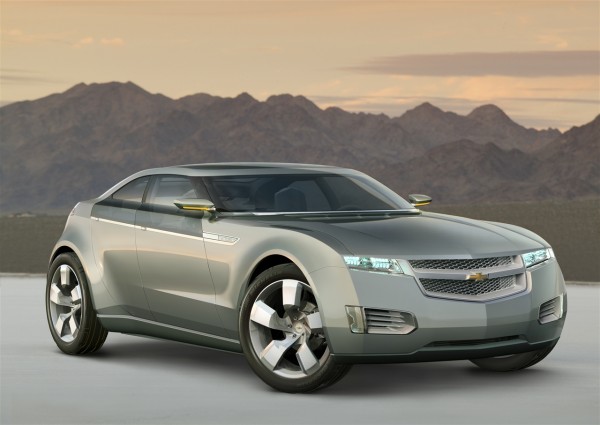Several studies have looked at the climate impact of internet infrastructure and information technology, and other studies have attempted to compare the relative efficiency of internet retailing vs. traditional bricks-and-mortar stores. A new study takes a different spin on the subject, comparing the energy embodied in physical products with their digital, network-based counterparts.
The result is hardly shocking, but it’s kind of fun nonetheless: a life cycle analysis reveals that downloading music digitally creates less than one sixth the carbon emissions of buying it from a retail store (pdf).
The study compares six scenarios:
- Music purchased from a traditional retail store
- Music purchased from an online retailer and delivered by truck
- Music purchased from an online retailer and delivered by plane
- Digital music purchase (e.g., via iTunes or Amazon.com)
- Digital music purchase burned to CD
- Digital music purchase burned to CD and then stored in a plastic jewel case
Even when the consumer burns the downloaded music to writeable CDs, the digital version of an album is environmentally friendlier than the physical version, despite the electricity consumed by the internet delivery infrastructure and the shopper’s computer.
Note that well over half of the emissions of the album purchased from a physical store come from the car ride to the store. This portion of the footprint will vary dramatically based on the purchaser’s proximity to the store and choice of transportation. In the best case — a trip on foot or by bicycle — buying a CD in a physical store has about the same impact as downloading it, burning it to CD, and storing it in a jewel case.
In semi-related news, several universities are experimenting with using the Amazon Kindle electronic reader to deliver electronic textbooks to students — and they’re claiming sustainability as a primary motivation. This notion rubs some people the wrong way. Books are low-tech, durable, and ostensibly derived from renewable resources. Electronic readers are cheap-looking plastic devices that need to be plugged into an outlet and presumably will end up in a landfill when newer models come out.
It’s not clear to me, though, which way the scales tip. Book are not, of course, completely benign. Energy goes into their manufacture, transport, and disposal. Beyond that — and here I speak as a Kindle owner — electronic readers do result in at least some energy savings by supplanting computer use. I suspect that physical books retain an edge over their digital cousins, possibly a substantial one. But I’d be curious to see some actual numbers.




